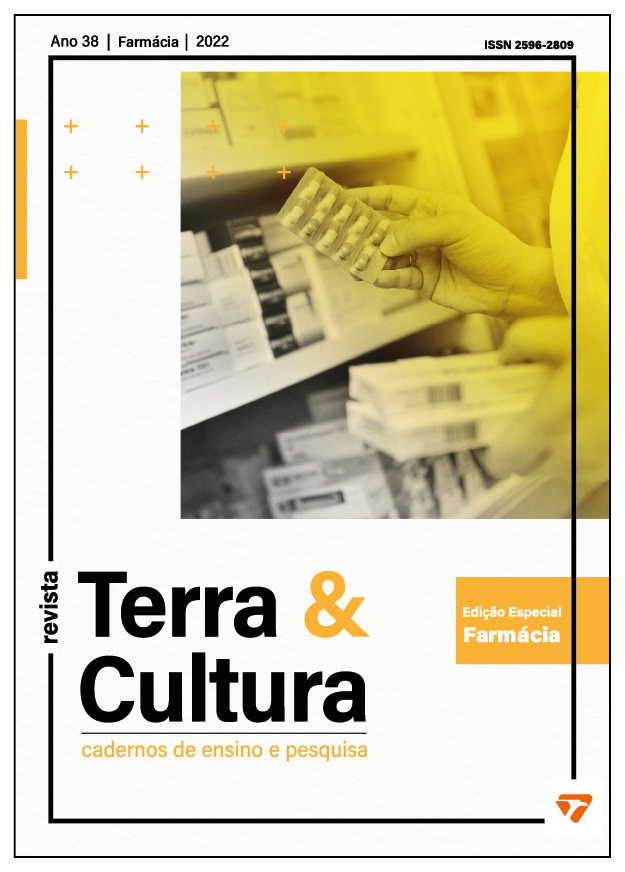A importância do farmacêutico na adesão e conciliação medicamentosa de idosos residentes em instituição de longa permanência
Resumo
O envelhecimento da população brasileira, juntamente com o envelhecimento da população idosa trazem mudanças na sociedade moderna e nos arranjos familiares, o qual acaba resultando em uma maior visibilidade desse grupo. A inserção a uma instituição de longa permanência para idosos (ILPs) vem como opção para aqueles familiares que não são capazes de compreender as mudanças atreladas ao envelhecimento. O acúmulo de patologias, diminuição das capacidades sensório-perceptivas, crescimento no consumo de medicamentos por esse grupo exige mais atenção e cuidados diários. A relação do profissional farmacêutico com a equipe multiprofissional e a interação com o paciente é de extrema importância para melhora na saúde, segurança e qualidade de vida do paciente. A conciliação medicamentosa vem como uma estratégia para otimização da farmacoterapia e também melhora da adesão ao tratamento, é um processo que visa fazer a comunicação entre a história clínica do paciente com todos os medicamentos de uso contínuo. O objetivo desta revisão da literatura foi o de relatar a importância do farmacêutico clínico no processo de adesão e conciliação medicamentosa de pacientes institucionalizados e juntamente com a equipe multiprofissional melhorar a sua qualidade de vida.











